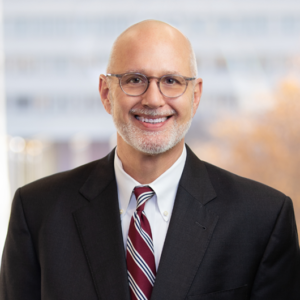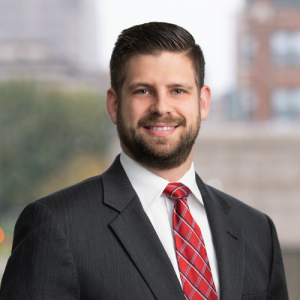As part of the CARES Act,[1] the Paycheck Protection Program (“PPP”) granted vulnerable small businesses the ability to seek forgivable loans from the federal government to help prevent closures during the COVID-19 crisis and to ensure employees remain on payroll. The Small Business Administration (“SBA”) and the Department of the Treasury have published and updated a Frequently Asked Questions (“FAQ”)[2] document to provide additional guidance both to borrowers and lenders.
Media outlets have recently begun reporting on large, publicly traded companies that have sought and received loans under this program.[3] Given that the total amount of money available pursuant to the PPP was limited to $349 billion by the CARES Act,[4] this meant less money would be available to small businesses. To address this inefficiency,[5] the SBA has updated its FAQ to more explicitly define the “necessary” requirement contained in the loan application itself.
The FAQ now includes a warning which, when combined with the language in the Application Form itself suggests potential liability pursuant to 18 U.S.C. §§ 1001, 1014, & 3571 and/or 15 U.S.C. § 645 for any large, public companies who do not return their PPP loans in full before the May 7, 2020, deadline. This warning has generated a great deal of publicity, as it appears to threaten both civil and criminal prosecution for failure to comply with the FAQ.
The FAQ is backed by Section 1102(a)(2)(G)(i)(I-IV), which requires the borrower to certify, in good faith:
(1) that the uncertainty of current economic conditions makes necessary the loan request to support the ongoing operations of the eligible recipient;
(2) to acknowledge that funds will be used to retain workers and maintain payroll or make mortgage payments, lease payments, and utility payments;
(3) that the eligible recipient does not have an application pending for a loan under this subsection for the same purpose and duplicative of amounts applied for or received under a covered loan;. . .
However, Section 1102(a)(2)(I) explicitly states, “During the covered period, the requirement that a small business concern is unable to obtain credit elsewhere, as defined in section 3(h), shall not apply to a covered loan.” Federal courts have recently been clear that statutory rights to benefits cannot be substantively altered by advice, regulations, rules or administrative guidelines that have not gone through notice-and-comment.[6]
The CARES Act, and particularly the PPP, have been rushed through to offer assistance to small businesses in need. The issuance of FAQs after the statute appears to be intended to fill holes in the SBA’s application of the relief, but any issues of fraudulent intent will most likely be evaluated based upon the language of the statute, not on informal guidance that followed.
The PPP process is complicated and has presented just as many questions as it has answers. Businesses with questions about the PPP process, their certifications or their applications should contact:
- David Honig at (317) 977-1447 or dhonig@wp.hallrender.com;
- James Willey at (317) 977-1409 or jwilley@wp.hallrender.com;
- Ryan McDonald at (317) 429-3671 or rmcdonald@wp.hallrender.com;
- Victoire Iradukunda at (317) 429-3658 or viradukunda@wp.hallrender.com; or
- Your regular Hall Render attorney.
Hall Render’s attorneys and professionals continue to maintain the most up-to-date information and resources at our COVID-19 Resource page, through our 24/7 COVID 19 Hotline at (317) 429‑3900 or by contacting your regular Hall Render attorney.
[1] Coronavirus Aid, Relief, and Economic Security Act, H.R.748, 116th Congress, codified at 26 U.S.C. § 1101 et seq.
[2] https://home.treasury.gov/system/files/136/Paycheck-Protection-Program-Frequently-Asked-Questions.pdf
[3] https://www.cnbc.com/2020/04/21/large-public-companies-are-taking-small-businesses-payroll-loans.html
[4] 26 U.S.C. § 1102(b)(1).
[5] https://www.businessinsider.com/treasury-mnuchin-consequences-big-companies-taking-ppp-small-business-loans-2020-4
[6] Polansky v. Executive Health Resources, Inc., 422 F.Supp.3d 916 (E.D.Pa. 2019) (citing Azar v. Allina Health Services, 139 S.Ct. 1804 (2019)) and Universal Health Servs. Inc., v. Escobar, 136 S.Ct. 1989 (2016)).



